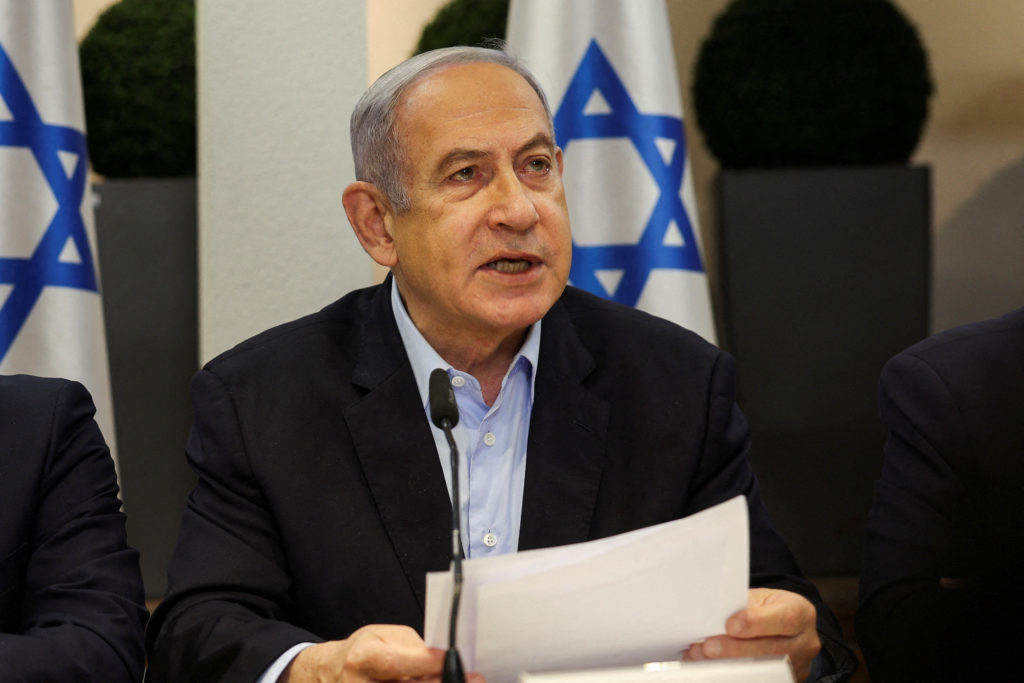Israel’s recent airstrikes on Iran have sparked a heated debate among the country’s politicians, with reactions ranging from condemnation of the government’s restraint to praise for its targeted approach.

On Saturday, Israel launched strikes against several military installations in Iran, a response to an Iranian missile attack on October 1. The strikes targeted missile production facilities and resulted in the deaths of two Iranian soldiers, although Iran described the damage as “limited.”
U.S. President Biden, who reportedly advocated for a measured response, reaffirmed Israel’s right to defend itself. However, many Israeli politicians expressed dissatisfaction with the scale of the operation.
Yair Lapid, leader of the opposition, took to social media to commend the Air Force but criticized the decision not to target strategic and economic sites in Iran, arguing, “We could and should have exacted a much heavier price from Iran.” He labeled Iran as the “head of the axis of evil” and insisted it must be held accountable for its aggression.
Tally Gotliv, a member of Prime Minister Netanyahu’s Likud party, echoed Lapid’s sentiments, stating that failing to strike Iran’s nuclear and oil facilities would be a regretful mistake that yields to U.S. influence over Israel’s security decisions.
Contrastingly, Netanyahu’s strategy found support from unexpected quarters. Itamar Ben Gvir, Israel’s national security minister, previously critical of restrained responses, hailed the recent attacks as a “promising start” and emphasized the need for future actions against Iran’s strategic assets. Similarly, Yair Golan, head of the Israeli Labor Party, praised the strikes for effectively degrading Iran’s military capabilities without escalating into a prolonged conflict.
While the extent of U.S. influence remains a topic of discussion, Netanyahu’s office has denied claims that American pressure influenced the decision-making process, asserting that target selection was based solely on Israel’s national interests.



